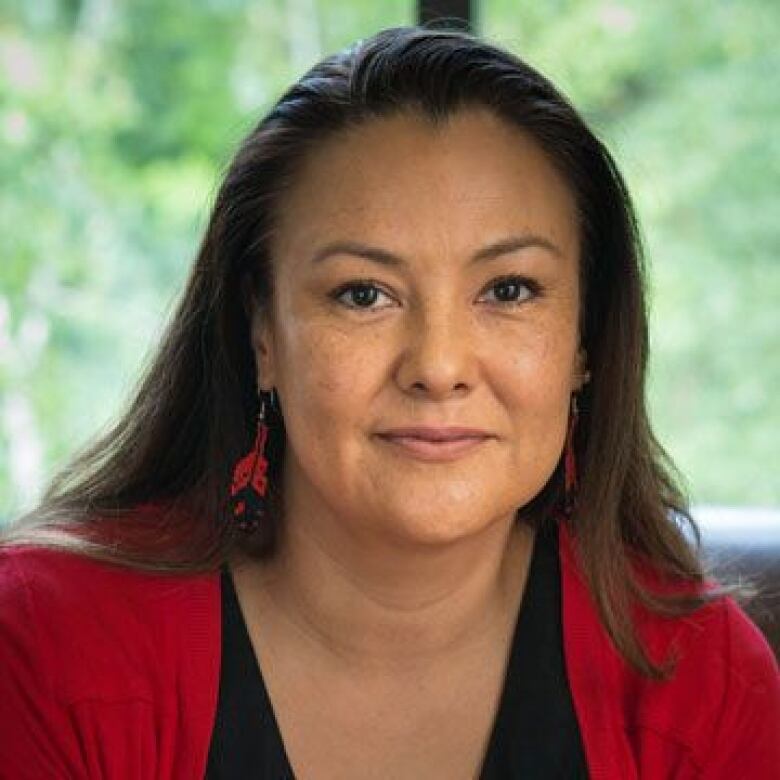Cree Nation moves forward with plans for college
More culturally safe post-secondary options key to success for Indigenous students

For Sarah Pash, it is long past time to create a safer place for young Cree people to further their post-secondary education, surrounded by their families, language and culture, and away from systemic racism and all of the other barriers to their success in the South.
Pash, the chairperson of the Cree School Board, spoke as part of the Higher Education Roundtable 3.0., which happenedonline on Wednesday.
Pash opened her comments paying tribute to Joyce Echaquan, an Atikamekw woman, who died this week ina hospital near Montreal, while facing a barrage of racist comments fromhospital staff that she broadcast live through her phone.
"What we were shown this week was the way systemic racism allows and encourages racists within racist systems," said Pash, adding that all of the stakeholders involved in a review of Cree educational needs must renew their commitment to the important work they are doing.
"It's the only way we are going to make a more just and righteous future for all of us."
There are so many barriers tosuccess for First Nation, Mtis and Inuit students.Sarah Pash, chairperson of the Cree School Board
The online roundtable updated efforts to get more post-secondary educational options intoCree communities, either online or as a bricks-and-mortar CEGEPs(Collge d'enseignement gnral et professionnel),as public-sector colleges are called in Quebec.
"There are so many barriers to success for First Nation, Mtis and Inuit students who leave their communities to attend schools in the South," said Pash.

"They face loneliness and isolation. They face culture shock.... They miss family. They lack support, both emotionally and socially. They face systemic racism."
A little more than 48 per cent of Indigenous people, between the ages of 25 and 64, had some post-secondary qualification in 2011, according to Statistics Canada figures. Those include trade certificates all the way up to a university degree.
That compares with close to 65 percent of non-Indigenous Canadians in the same age bracket.
While the idea of Cree CEGEP has been around for many decades, the community of Chisasibipicked up the plan and started a feasibility study in 2018.
As the largest of the Cree communities and one that is among thefarthest away frompost-secondary institutions,it is the likely place where a CEGEP will be built, according to Chief Daisy House.
"The nearest English CEGEP for us is fifteen hours away," said House.
This past year, there was a record number of 71 graduates in Chisasibi, butHouse said she only knows of a few graduates who decided to continue on withpost-secondary studies right away.
She lists many of the same obstacles to success described by Pash,and said they are still too young to manage many of the obstacles and the isolation they must face to go South.
She said having more online options or a CEGEP would help them continue their education and gain maturity before needing to leave to get a university education.
Pash, theCree School Board chair, said all levels of the Cree nation are now fully engaged with making the dream of a Cree CEGEP a reality and making more online educational options available in the near term.
A feasibility study for the CEGEP is almost complete and the hope is to have it submitted to Quebec by the end of this year, Pash said.












_(720p).jpg)


 OFFICIAL HD MUSIC VIDEO.jpg)
.jpg)



























































































